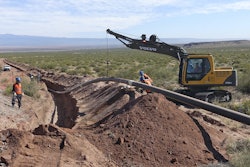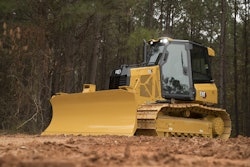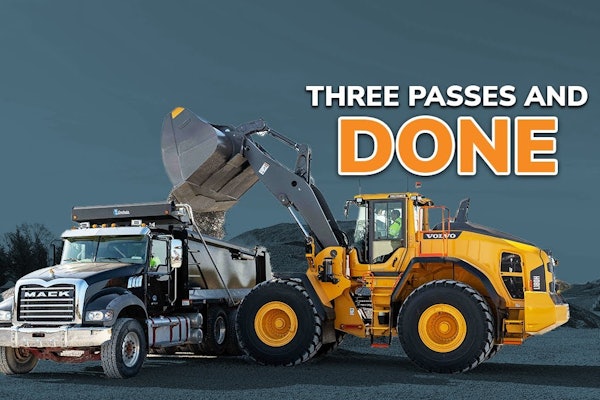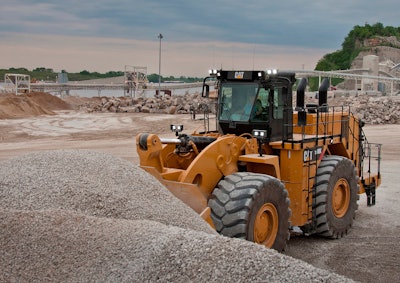
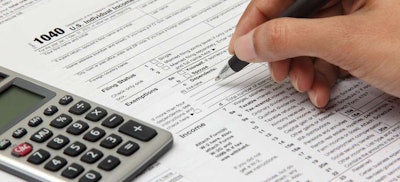
Contractors will once again be able to write off the entire purchase price of new and used construction equipment bought and put in service in 2020.
The tax break is available through Section 179, which allows companies to write off the entire purchase price of qualifying equipment – not just construction equipment. The limit for the Section 179 deduction for 2020 is $1,040,000. This means a company can purchase that amount in equipment and deduct the entire cost from taxable income.
The deduction is good until the “total equipment purchased for the year” exceeds $2,590,000. Once a business’ equipment purchases exceed that number, the deduction reduces on a dollar-for-dollar basis (most small and medium businesses will never hit that number, making Section 179 a true small- and medium-business tax break).
Let’s answer a few common questions regarding Section 179 (note: you can visit section179.org for more detailed information).
What equipment qualifies?
Almost all tangible business equipment qualifies: production machines and related equipment; office machines and furniture; computers and common software; safety equipment; most signage; business vehicles in excess of 6,000 pounds gross vehicle weight (including heavy equipment); and more.
Note: If you needed to buy equipment to modify your workspace for COVID-19, such as plexiglass dividers, air filtration systems, sanitizing stations, new servers for work-at-home people, etc., it’s very likely they are Section 179 eligible, which is great news. As always, ask your accountant for the final word.
How much money can Section 179 save me in 2020?
It depends on the cost of the equipment you purchase, and ultimately, your tax rate. But let’s say you buy $50,000 worth of equipment. With Section 179, you can deduct the entire $50,000 from your taxable income. At a 35 percent tax rate, that would result in a net tax savings of $17,500.
Crest Capital has a free, updated Section 179 calculator for 2020. Go ahead and play with it to see how much lower your tax bill can be.
What if we received Paycheck Protection Program money or other COVID-19-related funds?
It doesn’t matter. Section 179 is completely unaffected by other programs, government or otherwise. As long as you bought qualifying equipment and put it into service by December 31, and your company has taxable income, you’re good.
How do I take the Section 179 deduction?
The IRS has made taking the Section 179 deduction quite easy. It’s one simple form (Form 4562). Note: as of this writing, the form linked says “2019” on it. It’s the latest the IRS has.
What about pre-owned or refurbished equipment?
As long as the eligible equipment is new to you, it qualifies. So yes, used equipment is fine.
Are there any deadlines?
Yes, to be eligible for a 2020 Section 179 deduction, the equipment must have been purchased and put into service between January 1, 2020, and midnight December 31, 2020.
Can I still take a Section 179 deduction if I financed or leased the equipment?
Indeed, you can. Section 179 is not affected by how a company paid for it. In fact, many companies like doing this because the tax money saved almost always exceeds the payments they made during the calendar year.
Wrapping up
Section 179 is a favorite of businesses everywhere. It was first introduced to give companies an incentive to invest in themselves, and over the years, it has proven to be one of the most effective small-business tax deductions available. And in 2020, that’s more important than ever.






